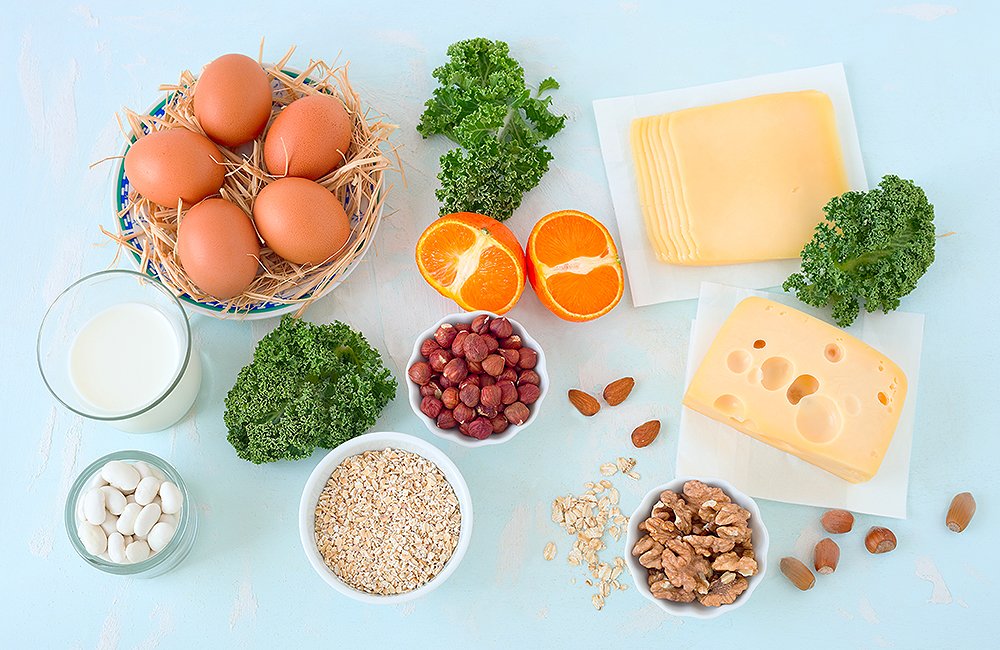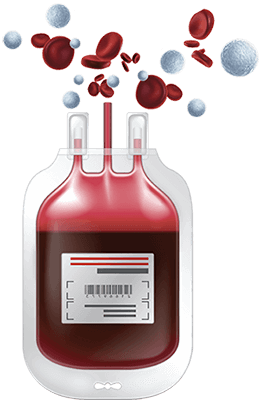Canada's Largest & Oldest Cord Blood Bank
By now have probably established a pretty good daily schedule for you and your toddler. Just be aware that getting their first set of molars may upset your toddlers daily routine.
Milestones This Month

Most toddlers can
- Can say 5 words
- Walk backwards
- Play with a ball

Half of the toddlers can
- Run well
- Draw a line
- Use “no” as his/her favourite word

A few toddlers can
- Walk up stairs
- Assist with chores
Toddler Development at 15 Months
Don’t be surprised if “no” becomes one of your toddlers’ favourite words at 15 months. Your little one is trying to assert independence, so he or she is testing those boundaries to see how far they can be stretched. This also means your toddler will find everything that you say “no” to even more alluring and will seek these things out. Make sure your house is child-proofed with all the sockets covered, and fragile or dangerous items out of reach so you can step out of a room for a few minutes without worry.

While your toddler is busy exploring the world around him or her, you may find that a trail of clutter gets left behind. You can try to minimize the mess by limiting playtime to a specific area of the house. Another neat trick is to turn cleaning up into a game and ask your toddler to assist you with the task.
Sometimes between the age of one and two toddlers develop sudden fears. Your previously fearless child may all of a sudden be afraid of dogs, a vacuum cleaner or even the bath. These fears will eventually fade away as your toddler gains more confidence and feel secure in his or her environment. Until then you will have to devise ways to address your toddlers’ concerns.

Toddler Tip
Set aside some cupboard space for your toddler. Fill a cupboard in the kitchen or bedroom with toddler safe items like plastic boxes, pots, pans and cups, and let your toddler explore.

Supporting Your Toddler
Feeding
Does your toddler enjoy self-feeding? At this age, eating also constitutes a learning experience, which means mealtimes can be messy. Your toddler may try rolling some peas, splattering pasta sauce or throwing food just to see what happens. Rather than reprimanding your little one, put a plastic mat or a tablecloth under your toddlers’ highchair and let him or her explore.
Picky eating is normal at this age as well. Keep offering your toddler a variety of healthy meal options, to find something he or she will like. An average 15-month-old should get about 700 mg of calcium every day to support bone growth and development. You can meet this calcium requirement by giving your toddler whole milk. If milk is the only source of calcium, your toddler should be drinking 2-3 cups of milk per day. Or you can include calcium-rich foods like fortified breads and cereals, dark green vegetables such as broccoli, kale and peas or beans to your toddlers’ diet.

Sleep
A typical 15-month-old toddler should be getting anywhere from 11 to 14 hours of sleep. Your toddler should be getting about 11 hours of sleep at night and the remainder during a daytime nap. Around this time, most toddlers change their nap routine to include one long nap. You can either wait for your toddler to set this nap routine or encourage it by keeping him or her awake until after lunch time. This also means you will now have more time in the morning for activities. You may want to enrol your toddler in some classes to introduce him or her to other toddlers, to start developing those socialization skills.
You may also experience another sleep regression around this time, associated with dreams. Most 15-month-olds can’t distinguish between dreams and reality, which means your toddler may wake up in the middle of the night from a nightmare. All you can do is give your toddler comfort and assurance that dreams are not real. He or she will pass this hurdle with time.


